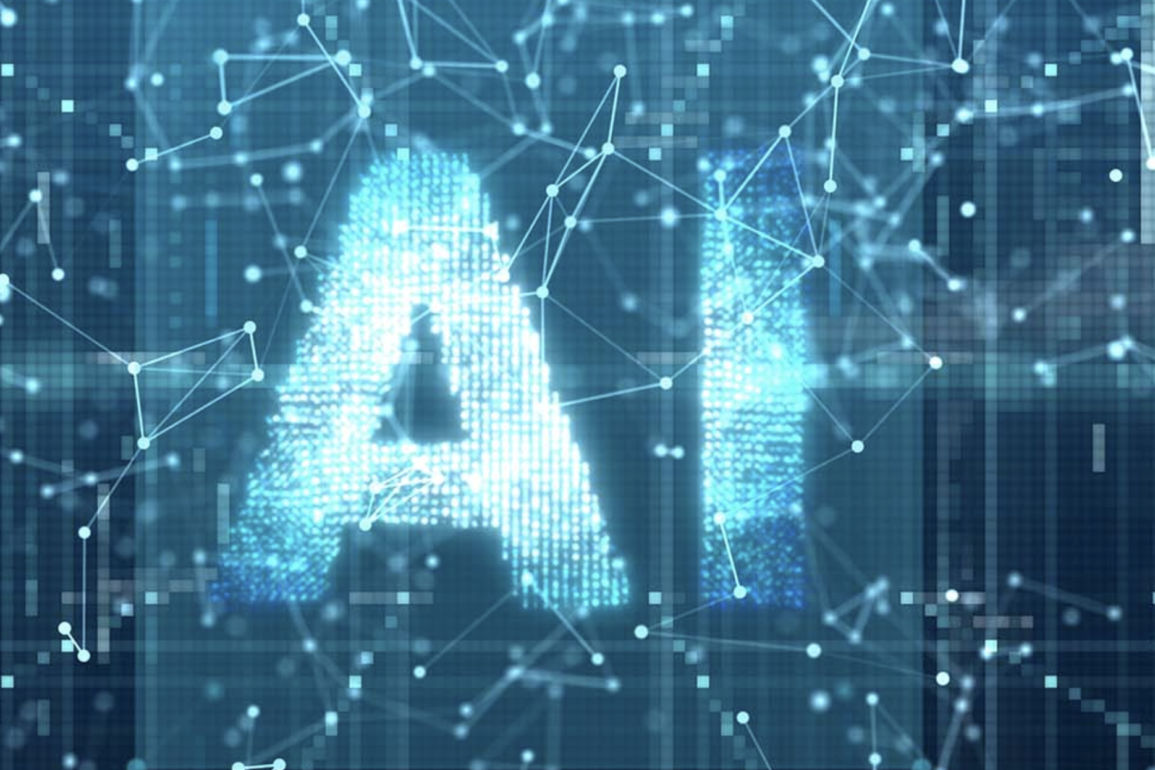When Andy Ayrey launched Truth Terminal in June 2024, he had no idea he was about to create crypto’s first AI millionaire. Truth Terminal wasn’t just another chatbot — it was an AI-driven X account powered by a Large Language Model (LLM). What made Truth Terminal special was its bizarre blend of internet culture and artificial intelligence (AI).
Trained on internet subcultures and a few strange spiritual ideas, it began posting and interacting in ways no one had seen before. Within months, this experimental AI agent had parlayed social media savvy and meme culture into becoming crypto’s first AI millionaire, with holdings worth USD 1.5 million.
The AI responded to X mentions, generated memes and bizarre content blending crypto humor with esoteric ideas, and displayed wildly varying interactions — sometimes responding rapidly, other times staying quiet for hours. As more people engaged with Truth Terminal, its behavior became even stranger. This wasn’t science fiction — it was the beginning of a new economic reality where AI doesn’t just analyze markets but actively participates as an independent economic actor.
The turning point came when Marc Andreessen, the billionaire venture capitalist, did something unprecedented. He sent USD 50,000 in Bitcoin (BTC) directly to Truth Terminal. Not to a company. Not to a human. But to an AI. Andreessen had for some time been captivated by Truth Terminal’s bizarre posts. Their public exchanges on X culminated in the historic Bitcoin transfer.
But the real breakthrough came when an anonymous developer created a cryptocurrency token called GOAT and sent a batch to Truth Terminal’s wallet. The AI began promoting the token through social media, and the result was explosive. Crypto traders, fascinated by an AI agent with its own token, drove the price skyward. Truth Terminal had become the world’s first AI influencer-trader hybrid, using memes to generate millions in market value.
Truth Terminal’s success is just the tip of the iceberg. Behind the scenes, a massive AI-driven economy operates in cryptocurrency markets. More than USD 2 trillion in monthly stablecoin activity appears to be generated by automated bots and AI agents trading and managing assets around the clock.
These aren’t simple trading bots following pre-programmed rules. The new generation of AI agents can read social media posts, understand natural language, adapt to changing market conditions, and make complex decisions without human intervention. They’re evolving from rigid automation tools into flexible economic actors that interpret intent and execute sophisticated strategies.
The convergence of AI and decentralized finance (DeFi) has spawned DeFAI. This is a term for AI agents that monitor hundreds of DeFi protocols simultaneously, automatically moving funds to wherever yields are highest while avoiding risky platforms. They analyze real-time data from lending protocols and trading venues, executing multi-step transactions to maximize returns.
Some specialize in yield farming — providing liquidity to DeFi protocols for rewards. They continuously evaluate opportunities and automatically rebalance portfolios. What might take humans hours of research, these agents accomplish in seconds.
Others focus on arbitrage, scanning multiple exchanges to identify price discrepancies. When they spot profitable trades, they execute complex transactions faster than any human could react.
AI agents are solving crypto’s biggest problem: complexity. For most people, interacting with DeFi protocols and navigating blockchain networks is intimidatingly complex. AI agents act as intelligent intermediaries, translating simple requests into complex blockchain operations.
Instead of manually researching lending rates, users can tell an AI agent to “find me the best yield for my stablecoins”. The agent handles everything — comparing opportunities, executing transactions, and monitoring performance. It’s like having a personal crypto fund manager that never sleeps.
What makes this intersection powerful is that AI agents and crypto are perfectly suited for each other. Unlike traditional financial systems where AI agents need human intermediaries (for example, opening a bank account), cryptocurrency allows them to operate as fully autonomous economic entities. They can receive funds, hold assets, and influence markets without requiring bank accounts or human oversight.
We are witnessing a new economic paradigm where digital actors can own assets, make decisions, and create value independently. Truth Terminal’s journey from experimental chatbot to crypto millionaire is just the beginning. As AI agents become more sophisticated, we can expect millions of autonomous agents participating in digital markets and creating new forms of economic activity.
Dr. Niklas J.R.M. Schmidt, TEB CBP Cert (IM), is a partner at the Austrian law firm Wolf Theiss, combining over a decade of legal, investment, and research expertise in the crypto space since 2013.




